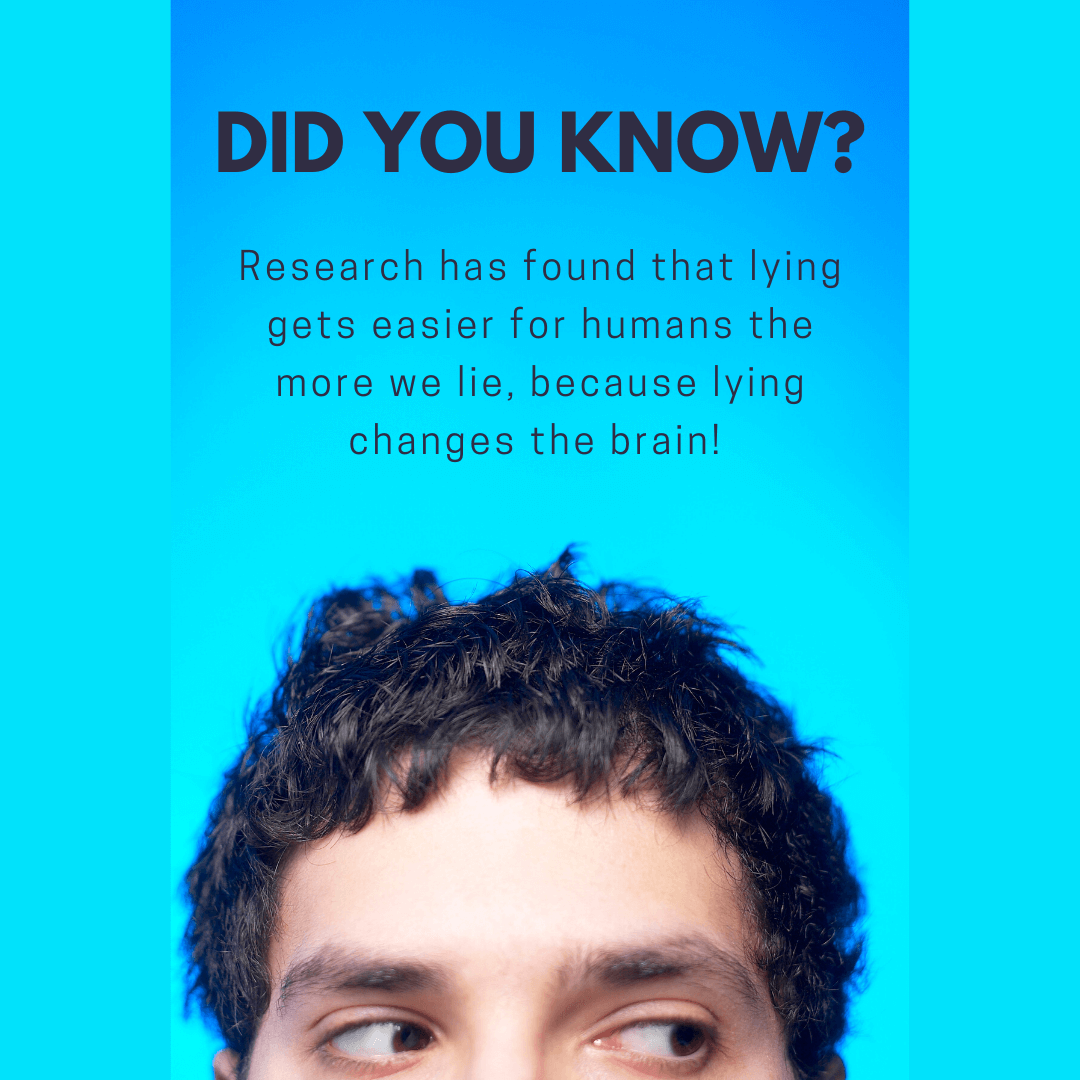A review of last Sunday’s sermon based on Matthew 26:69-75.
“One lie begets another,” says an old Jewish quote. This is exactly what happened to Peter, as Jesus has foretold: “Before a rooster crows, you will deny Me three times” (Matthew 26:34). The second time Peter denied knowing Jesus, he did it with an oath. The third time he did so, he began to curse and swear as well.
Based on studies, scientists have ascertained that lying changes the brain. So, what happens to our brains when we lie? Research has found that lying gets easier for humans the more we lie, because lying changes the brain! “Nature Neuroscience reported a study of the amygdala, the part of the brain dealing with emotional responses. The researchers said the amygdala shows up less and less, as we lie more and more. Essentially, our guilt feelings tend to weaken and shrink.”[1]
This explains why the more Peter lied, the worse it got. He even compounded his lies with curses and swear words. However, his lies crumbled when he remembered the words of Jesus. Peter ended up weeping bitterly when his lies were confronted with the TRUTH. Jesus is the truth, He said: “I am the way, the truth, and the life: no man comes to the Father, but by Me” (John 14:6). Jesus is telling us in this verse, among other things, that He is the truth or truth personified.
What, then, does God want us to do with His truth? God wants us to build our lives on His truth (John 8:32). He wants us to become more like Christ. Pastor Jay Catane told us in his sermon that “Christlikeness is awareness of who God is, awareness of who we are,…” God also wants us to take captive our thoughts and examine them in the truth of His Word (2 Corinthians 10:5), not reinforce our own ideas and beliefs. Our beliefs determine our perspective, which in turn impacts how we react to criticism or respond to a crisis.
Hence, as Pastor Jay said, how we respond to life’s relentless tribulations are determining factors of the genuineness of our salvation and the status of our maturity. It took Peter around 40 days to repent of his sins. How quick we are to repent of our sins says a lot about our spiritual maturity. As Christians we are to walk in the truth (3 John 1:3), love the truth, and believe the truth (2 Thessalonians 2:10-12).
Pastor Jay warned us against engaging in the so-called “white lies” in the beginning of his message, because lying is dangerous – the more we lie, the more that lying becomes easier. He even said in the end that there are still mistakes he made before that continue to haunt him even now. Instead of lying or cheating, we should ask the Lord to “Lead me in your truth and teach me, for you are the God of my salvation; for you I wait all the day long” (Psalm 25:5). If we live by this verse, we’ll be able to replace our lies with His truth. Pastor Jay concluded his message with these words, “God’s Word has the power to confront our lies, bringing us to life-saving sorrow.”
Thus, may the Word of God bring us sorrow that leads to repentance.
9 I now rejoice, not that you were made sorrowful, but that you were made sorrowful to the point of repentance; for you were made sorrowful according to the will of God, so that you might not suffer loss in anything through us. 10 For the sorrow that is according to the will of God produces a repentance without regret, leading to salvation, but the sorrow of the world produces death. — 2 Corinthians 7:9-10
[1] Schroeder, Sandy. “What Happens to the Brain When We Lie.” The Joint Chiropractic. https://www.thejoint.com/california/chula-vista/eastlake-31125/202872-what-happens-to-brain-when-we-lie (accessed March 30, 2021)
